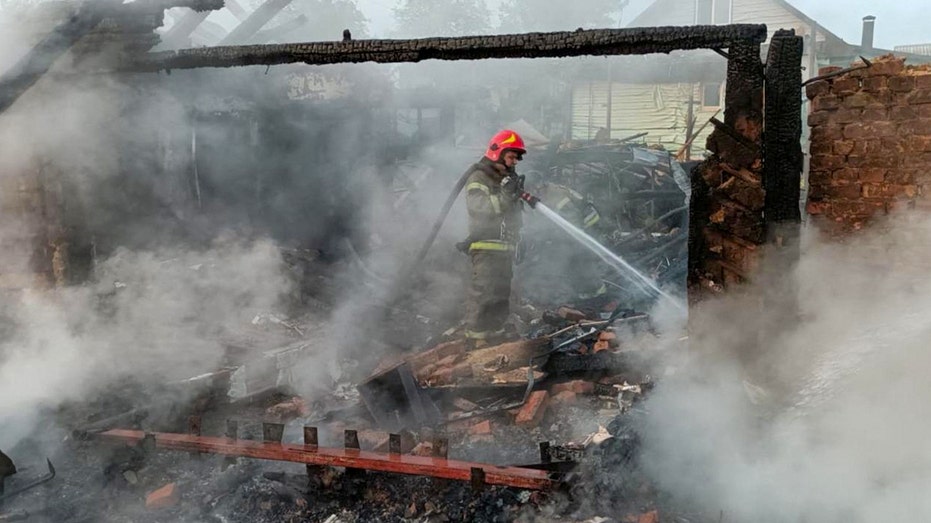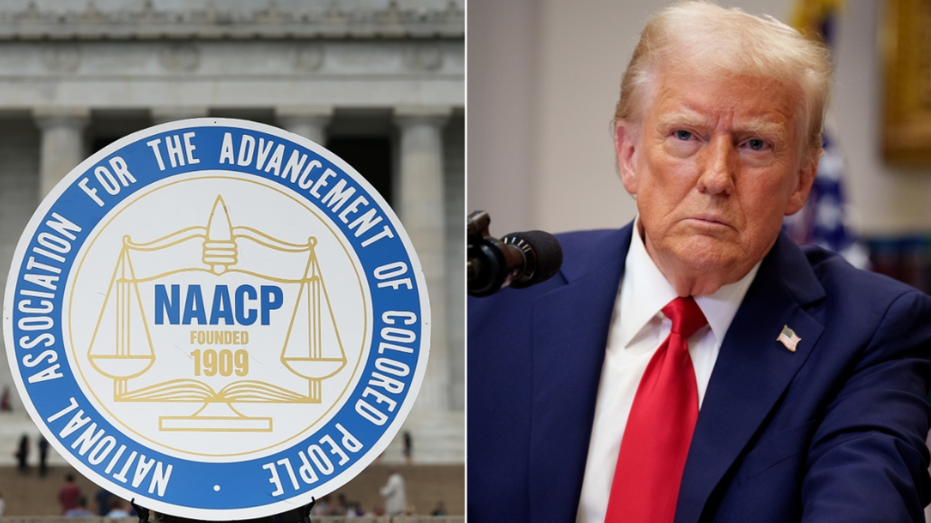Red State Dean Fired Over Secret Recordings Revealing Push for DEI Policies Contradicting Her "Love Breaking the Rules" Statement
Undercover footage reveals North Carolina university dean boasting about flouting DEI regulations to bend the rules.

A newly surfaced undercover video has placed a spotlight on diversity, equity, and inclusion (DEI) initiatives at a North Carolina university, revealing the persistence of such efforts despite ongoing state and federal attempts to roll back these programs.
The video, which captures University of North Carolina Asheville Dean of Students Megan Pugh candidly discussing the continuation of DEI-related activities, has sent shockwaves through the higher education community. In the footage, Pugh acknowledges, “We probably still do anyway… but you gotta keep it quiet,” referencing ongoing equity work at the institution. When prompted by the undercover investigator whether this meant keeping such efforts "on the down low," Pugh confirmed, adding with a smile, “But, I love breaking rules.”
Her remarks come just a year after the University of North Carolina System Board of Governors voted to amend its policies, effectively curtailing official DEI offices and emphasizing "institutional neutrality." This policy shift was part of a broader movement in several states to limit or eliminate DEI programming within public institutions, citing concerns about compliance with state laws and the prioritization of neutrality in education.
Pugh detailed how, following the dissolution of a dedicated DEI office, initiatives have become more dispersed and discreet. “Part of it is that, part of it is just because we don’t have a dedicated office for it anymore, it’s easier to maintain,” she stated. She also noted that administrators had not yet expressed serious opposition, remarking, “Until more or less they get mad at us, but they haven’t done it yet.” When asked directly if the university supported the current methods of implementing DEI, Pugh responded affirmatively.
Further, Pugh revealed that while implicit bias training has largely ceased due to administrative pushback, there is an openness to reintroducing such sessions under broader banners or using more creative approaches. “Just maybe being creative,” the investigator suggested, to which Pugh agreed, reinforcing her intent to continue DEI-focused work despite institutional and legislative barriers.
After the video’s release, UNC Asheville swiftly responded, stating, “These remarks do not represent the practices of UNC Asheville. The University remains firmly committed to upholding all UNC System policies as well as federal and state laws, both in principle and in practice.” The university also confirmed that following a prompt internal review, the individual seen in the video is no longer employed by the institution. Administrators announced a comprehensive review aimed at reinforcing compliance expectations among employees.
The fallout has reignited debates about the role and reach of DEI in higher education. Republican Congresswoman Virginia Foxx, representing North Carolina’s 5th Congressional District, weighed in, calling Pugh’s behavior “a picture-perfect example of how entrenched this caustic ideology really is within postsecondary education.” Foxx asserted, “It’s time to clean house at the university level and cast out personnel who believe they can act with blatant impunity.”
This North Carolina incident reflects a larger national trend: while legislative action has increased against DEI programs, critics argue that efforts are continuing below the surface, often under different names or structures. Some experts warn this could lead to a prolonged standoff between policymakers, university leaders, and advocates for equity-focused programming.
Advocacy groups pushing for stricter enforcement argue that removing one employee will not be enough to uproot entrenched institutional practices. “Resolving the institutionalized radicalism at UNC-Asheville will require new leadership at the university level and bold reform from the Board of Governors,” said one group leader following the incident.
As scrutiny increases and universities balance compliance with legislative mandates against calls for inclusivity, the question of how, and if, DEI initiatives will adapt remains at the forefront of the debate over the future of American higher education.




